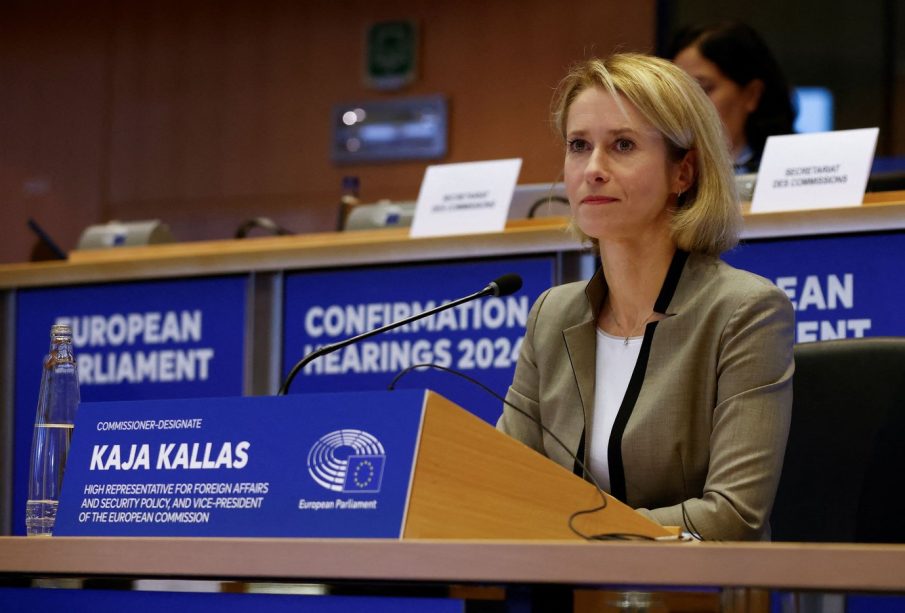The Rise and Influence of Kaja Kallas in Estonian Politics

Introduction
Kaja Kallas has emerged as a significant figure in European politics, especially as the Prime Minister of Estonia since January 2021. Representing the Reform Party, Kallas is notable for being the first woman to hold the office in Estonia. Her leadership is particularly relevant in the context of global geopolitical tensions, especially due to the ongoing war in Ukraine and the challenges posed by Russia. With her focus on digital innovation and defence, she has become a crucial player in shaping Estonia’s future and strengthening ties within the European Union.
Kaja Kallas and Her Political Journey
Born on June 18, 1977, in Tallinn, Kaja Kallas is not only a lawyer by profession but also comes from a political family, with her father being a former prime minister. Kallas initially entered politics in 2011 when she was elected to the Estonian Parliament. Over the years, her reputation as a strong advocate for digital innovation and economic reform grew, leading her to take over as the leader of the Reform Party in 2020, shortly before becoming Prime Minister.
Current Challenges and Responses
Since taking office, Kallas has had to navigate several challenges, including the impact of COVID-19 on the economy and Estonia’s substantial energy dependence on Russia. In recent months, her government has been instrumental in implementing policies aimed at reducing this dependency by diversifying energy sources, investing in renewable energy, and bolstering cybersecurity measures. Sizeable investments in defence have also been a priority, reflecting a heightened awareness of regional security threats.
International Relations and Europe
Kallas’s government has an active foreign policy that prioritises strengthening Estonia’s role in NATO and the EU. Under her leadership, Estonia has positioned itself as a vocal supporter of Ukraine, providing military aid and advocating for tougher sanctions against Russia. Her pro-European stance has also reinforced Estonia’s commitment to a united response to the ongoing tensions in the region, garnering her recognition on the European stage as a determined leader.
Conclusion
Kaja Kallas represents a new generation of political leadership in Estonia, and her role as Prime Minister has proved significant both domestically and internationally. As she continues to address the multifaceted challenges facing her country, her actions may well set a precedent for future leaders in the region. With a focus on digital innovation, economic resilience, and international collaboration, Kallas is poised to play a central role in shaping Estonia’s future in the global landscape. Observers of European politics will undoubtedly keep a close watch on her policies and their implications in the coming years.









